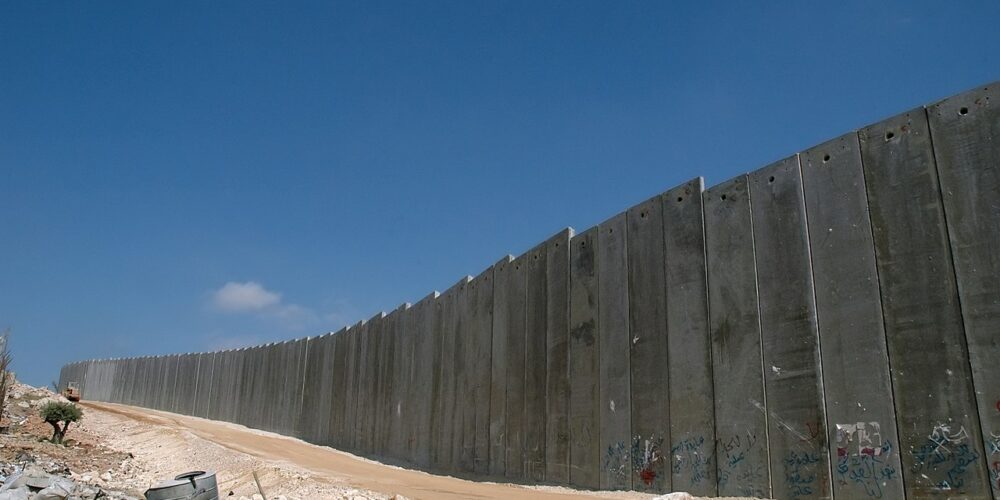The Israeli Information Centre for Human Rights in the Occupied Territories, B’Tselem, has judged Israel to be an apartheid state, bent on perpetuating the supremacy of Jews over Palestinians.
“Israel is not a democracy that has a temporary occupation attached to it,” said the body’s executive director, Hagai El-Ad. “It is one regime between the Jordan River and the Mediterranean Sea, and we must look at the full picture and see it for what it is: apartheid.”
The report claims that Israel has created a system over all the territory in which Jewish citizens have full rights. Meanwhile, it argues, Palestinians are divided into four tiers, with various levels of rights according to where they live but always below Jewish people.
At the lowest end are the roughly 2 million Palestinians in the deeply impoverished Gaza Strip, governed by Hamas but over which Israel has “effective control” because of its ruthless blockade.
Above them, B’Tselem said, are the roughly 2.7 million Palestinian “subjects” in the West Bank, who live in “dozens of disconnected enclaves, under rigid military rule and without political rights.”
Next on its hierarchy are the roughly 350,000 Palestinians who live in East Jerusalem. Israel has offered citizenship to these residents, though many have refused to apply on principle, and for those who try the rejection rate is very high.
The highest tier—Palestinian citizens of Israel, also called Arab Israelis—have full citizenship and make up about a fifth of Israelis. Even at that, B’Tselem said they are also kept below Jewish citizens, pointing to land discrimination, immigration laws that favour Jews, and other laws that afford Jews extra political rights.
On top of that, forty-seven of the independent “special procedures mandates” appointed by the UN Human Rights Council concluded that Israel’s intention to annex more areas of the West Bank “would be the crystallisation of an already unjust reality: two peoples living in the same space, ruled by the same state, but with profoundly unequal rights. This is a vision of a 21st-century apartheid.”






